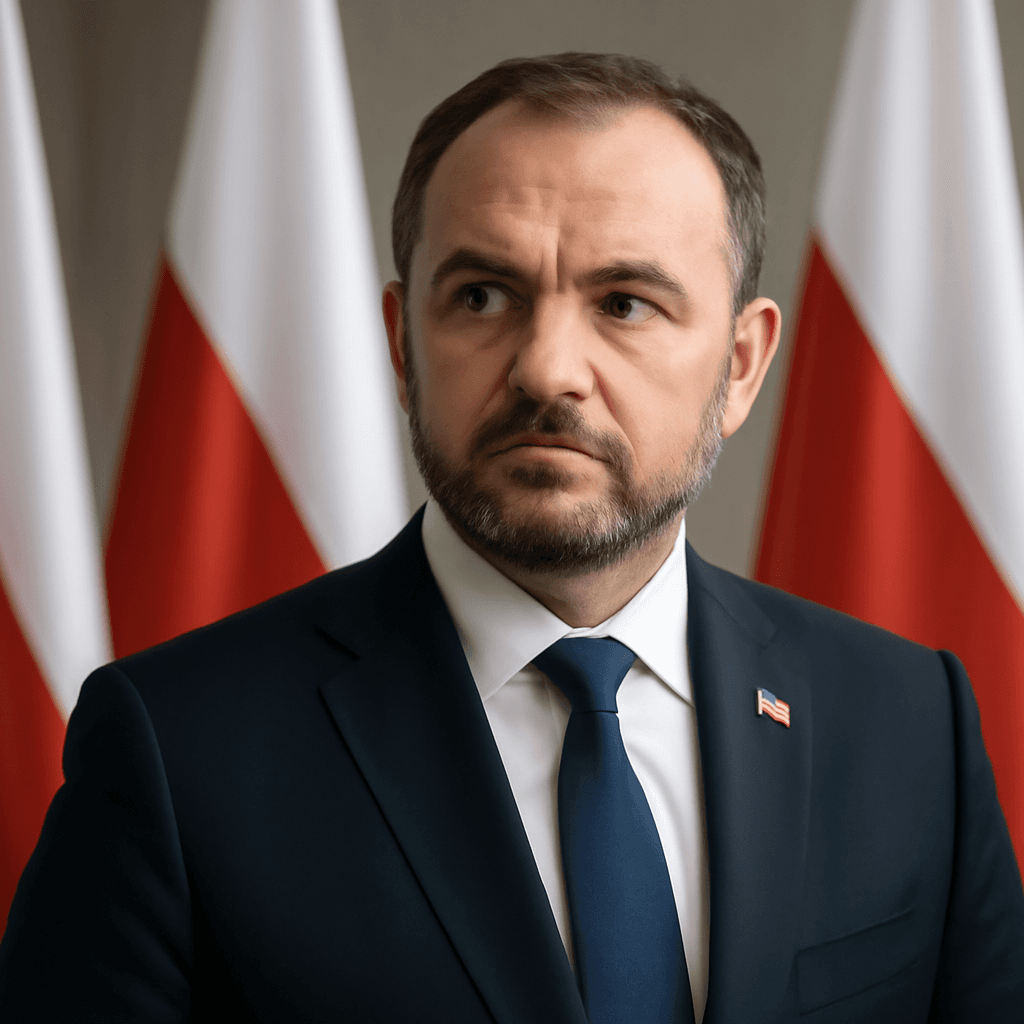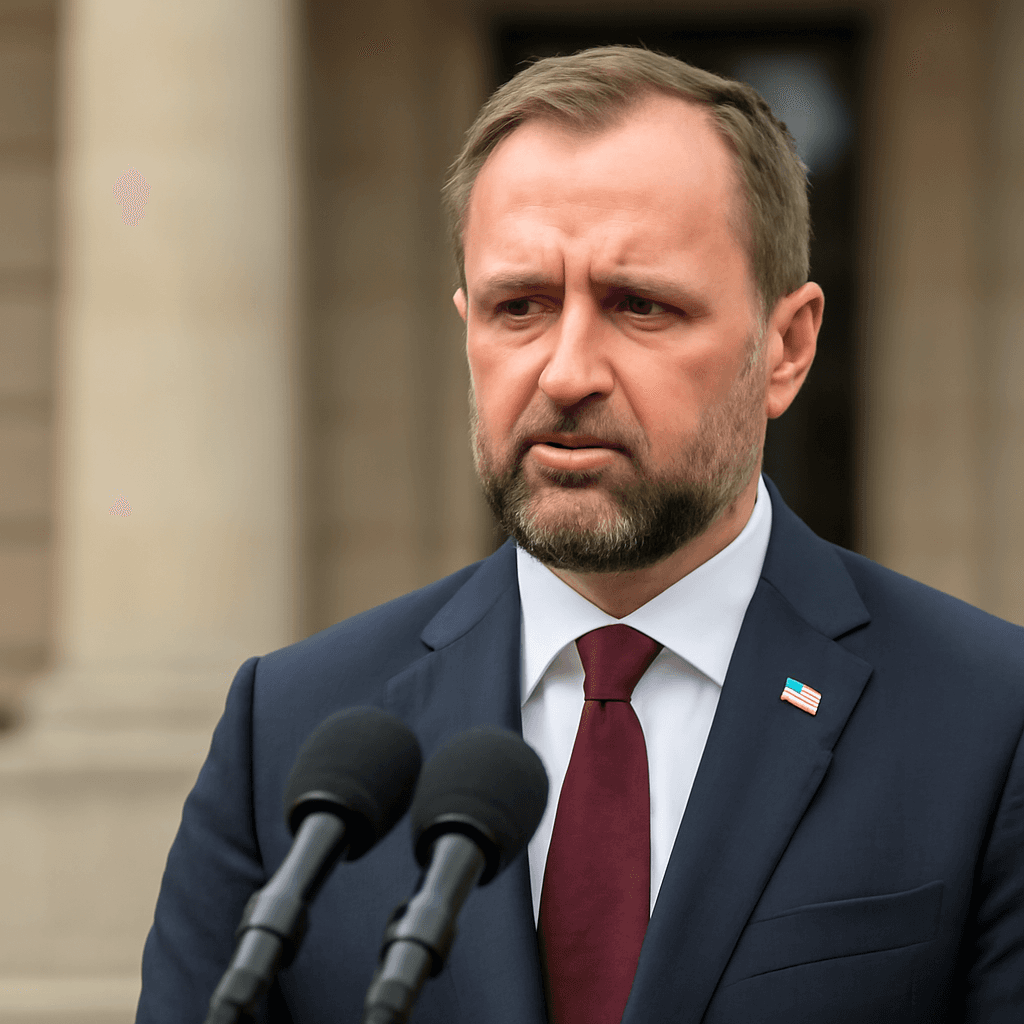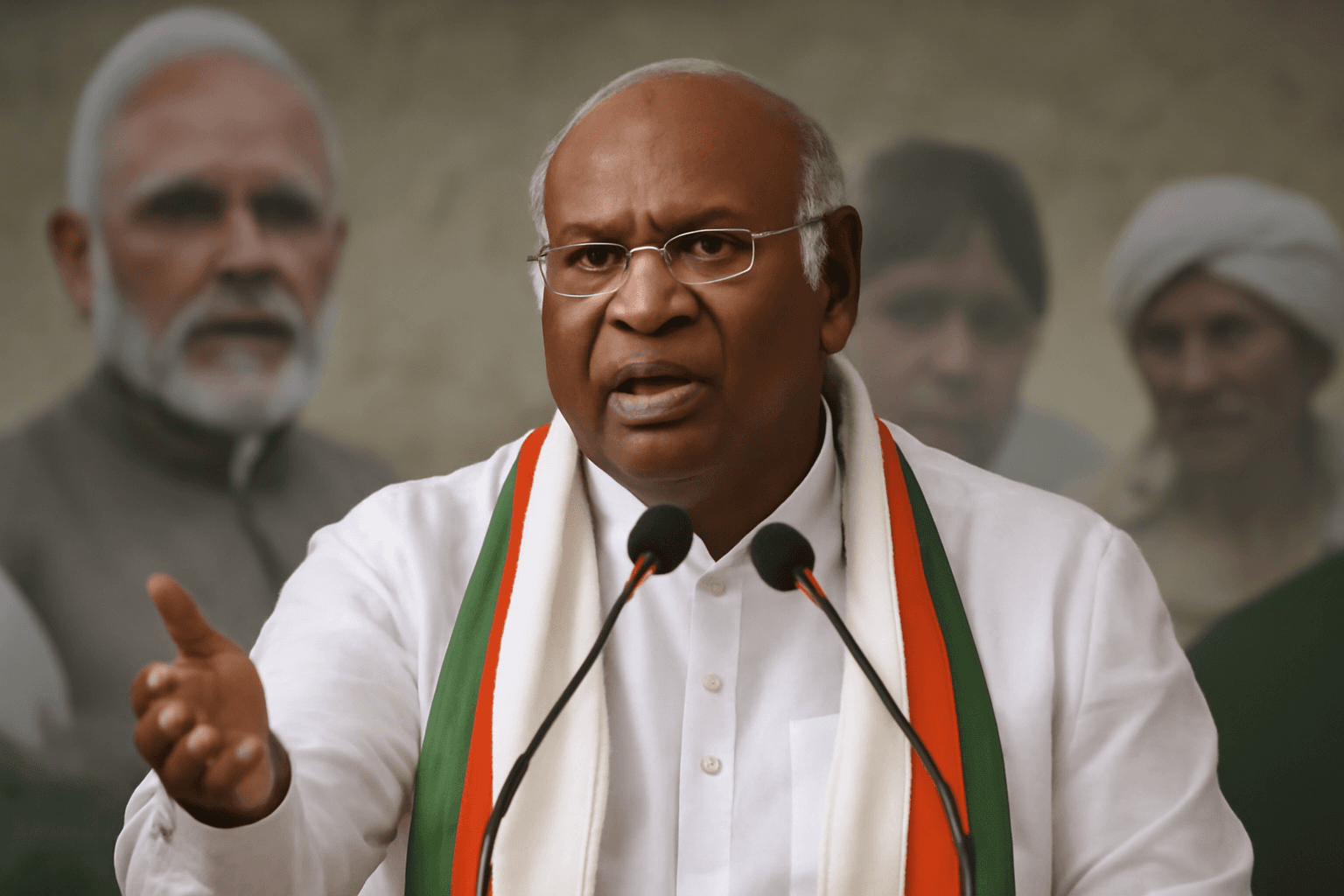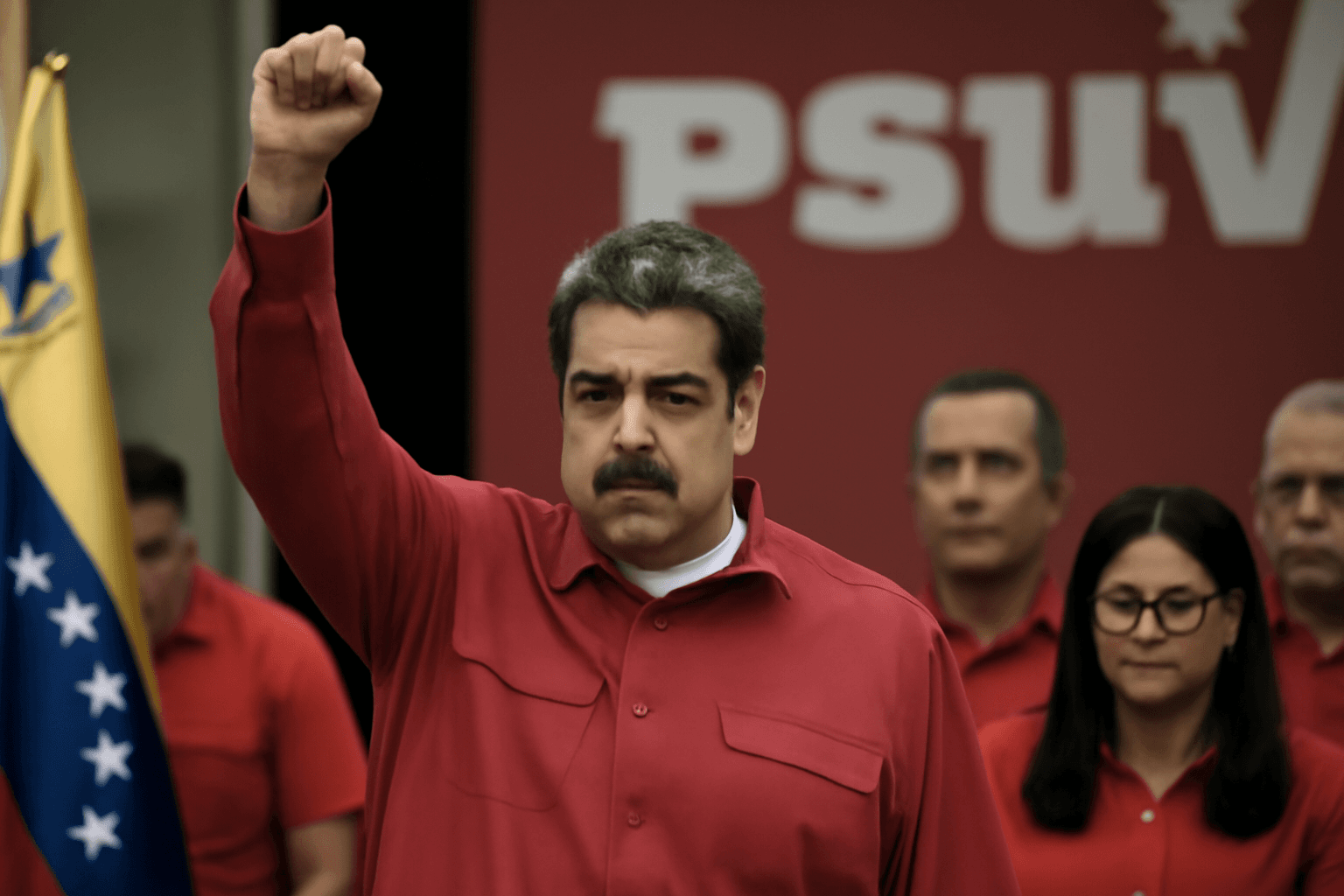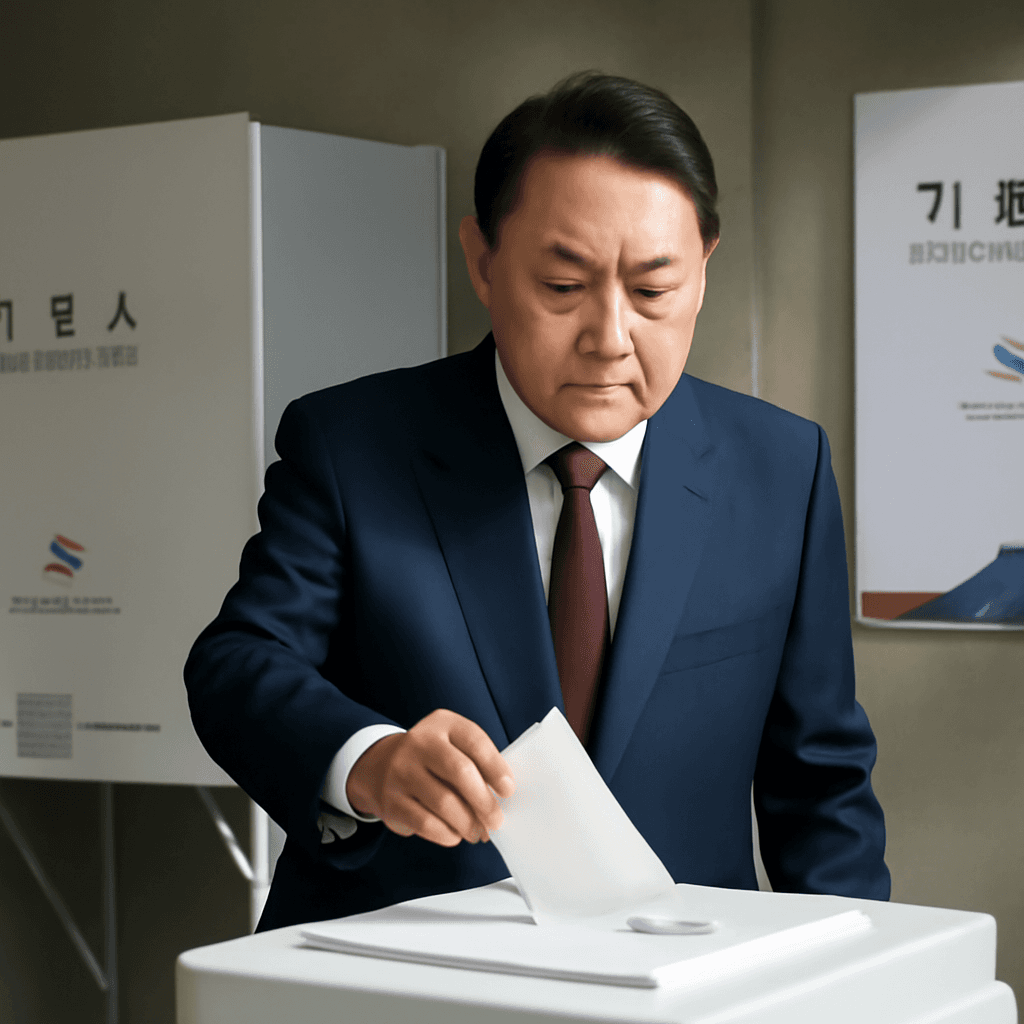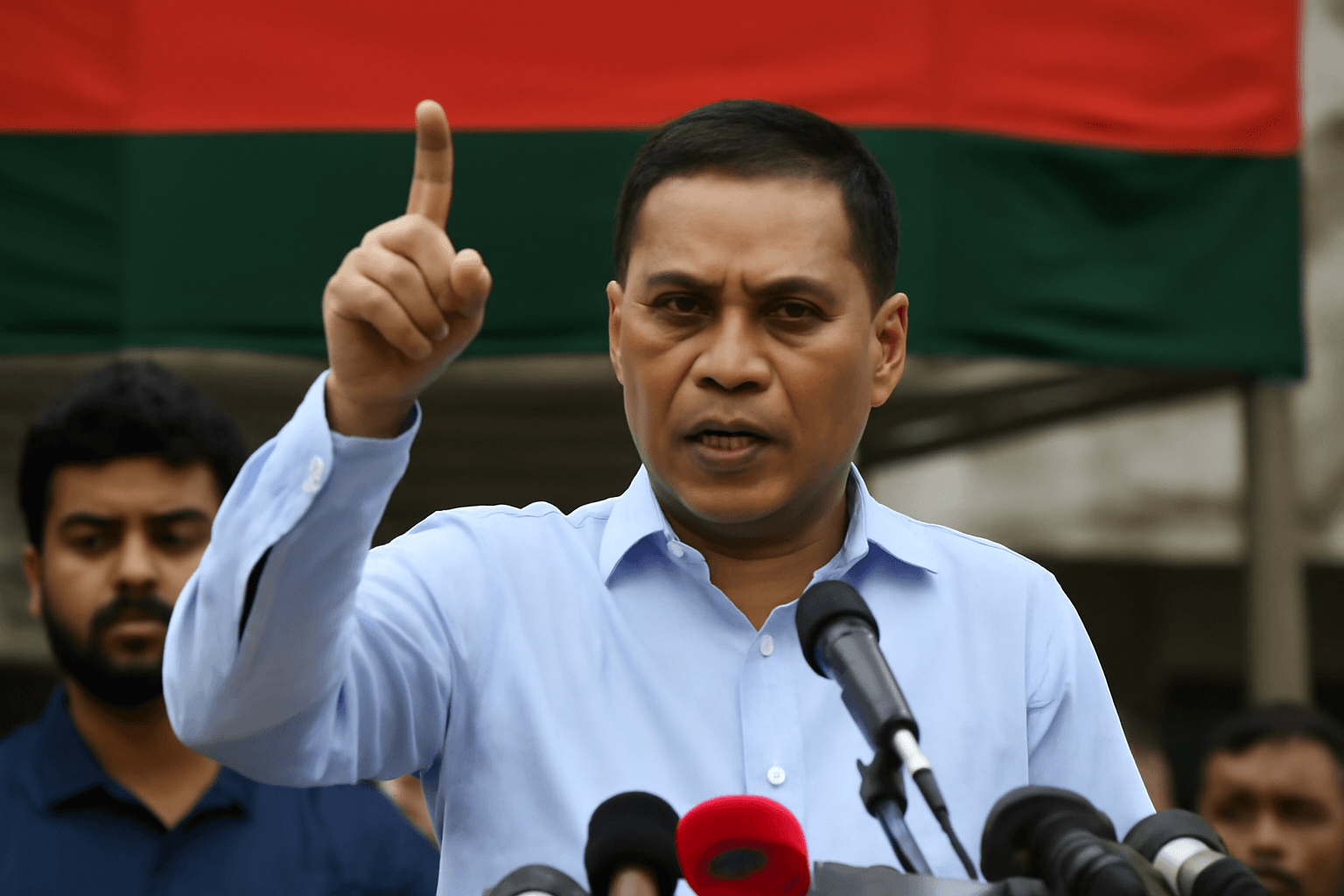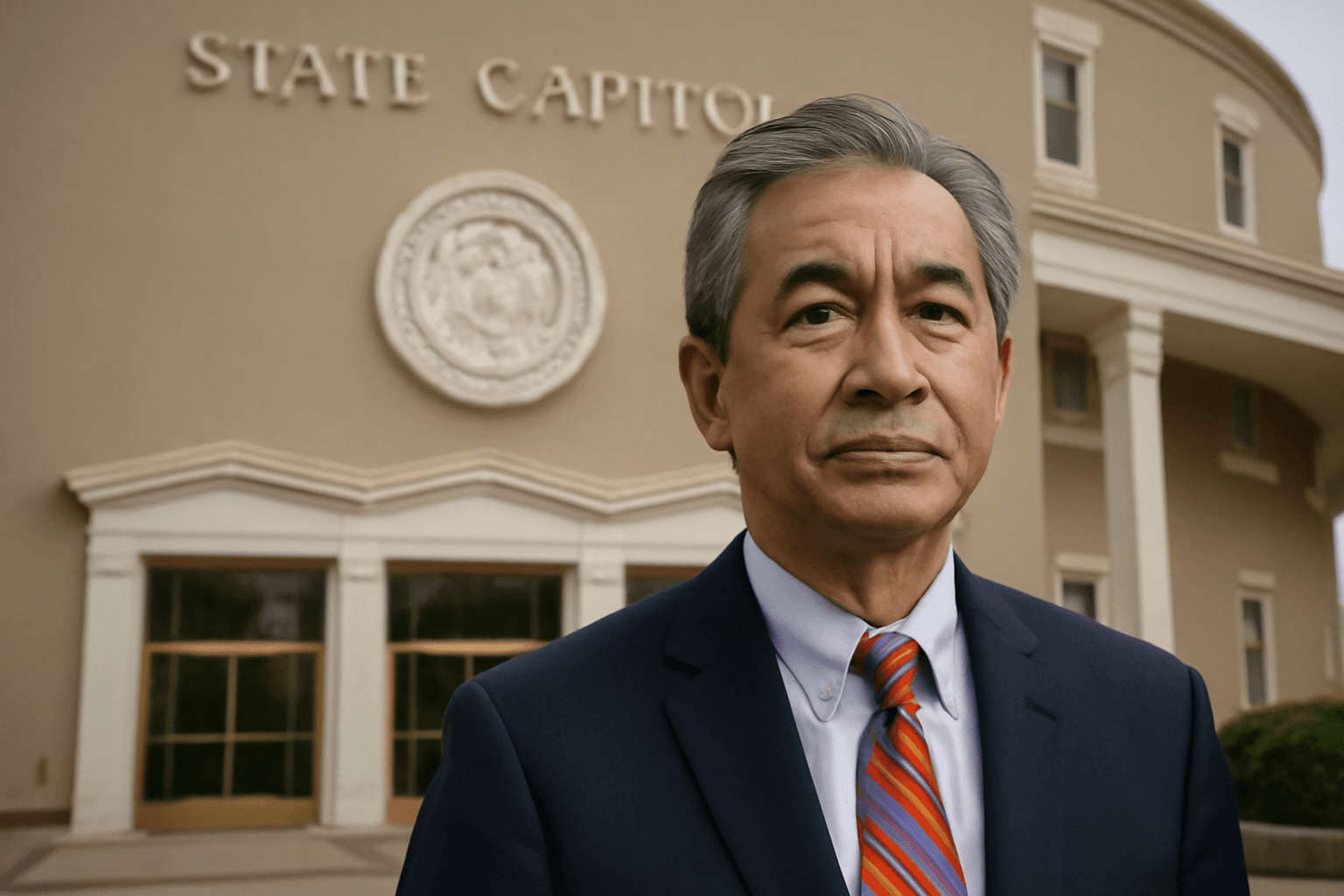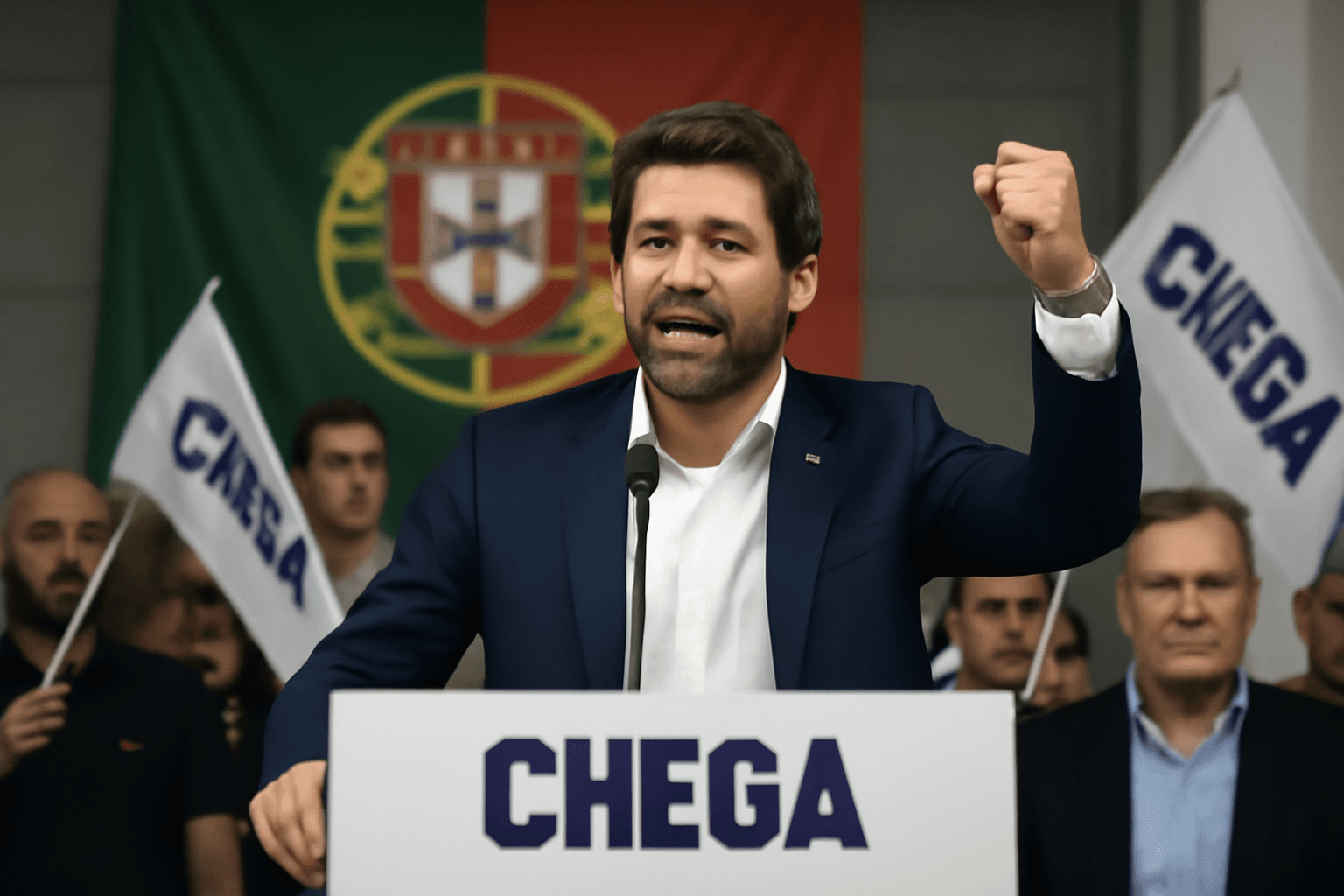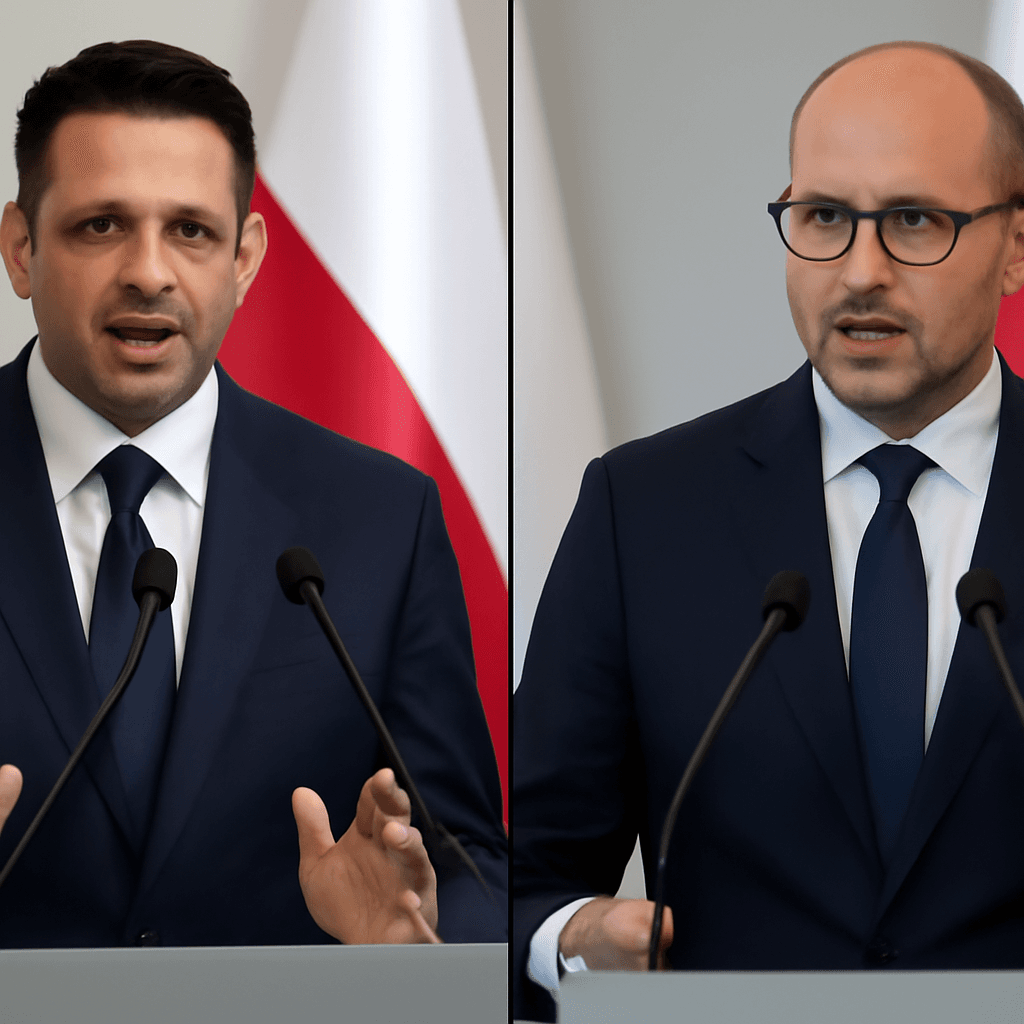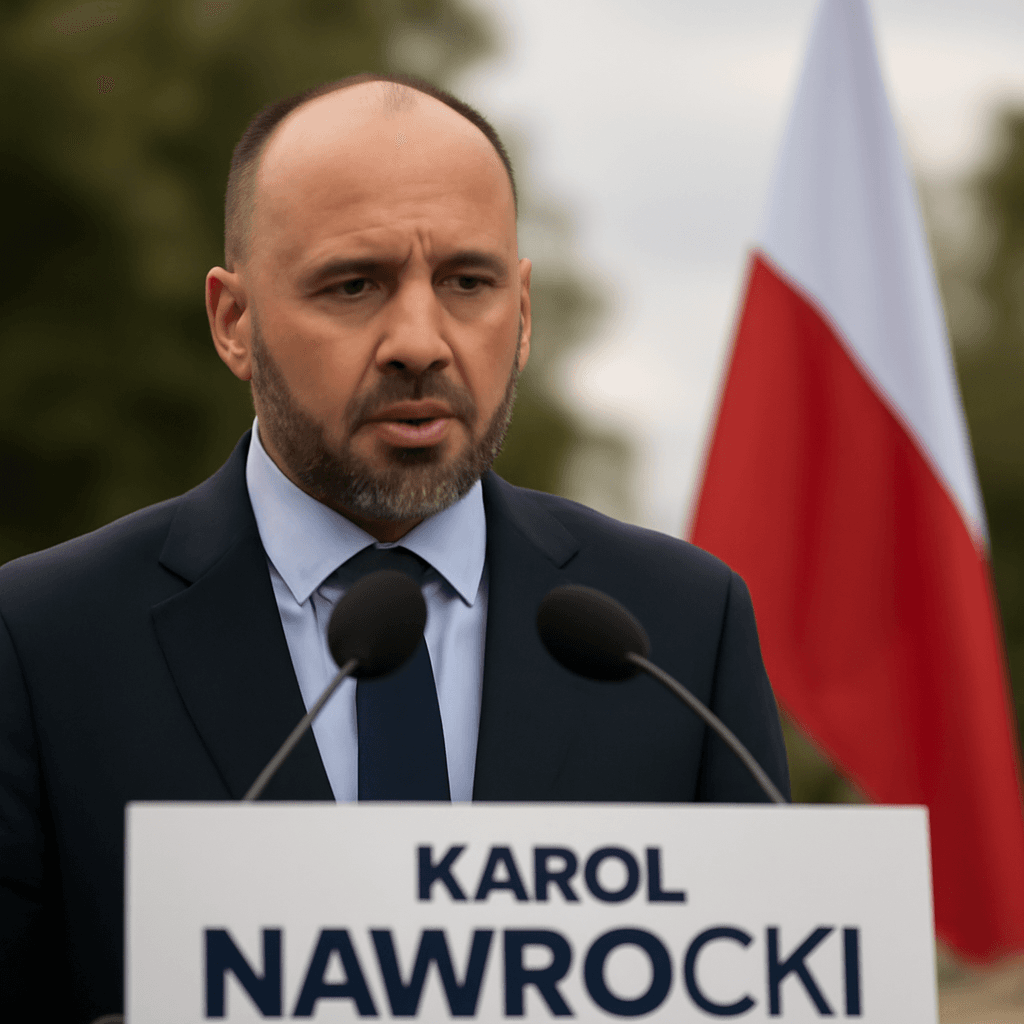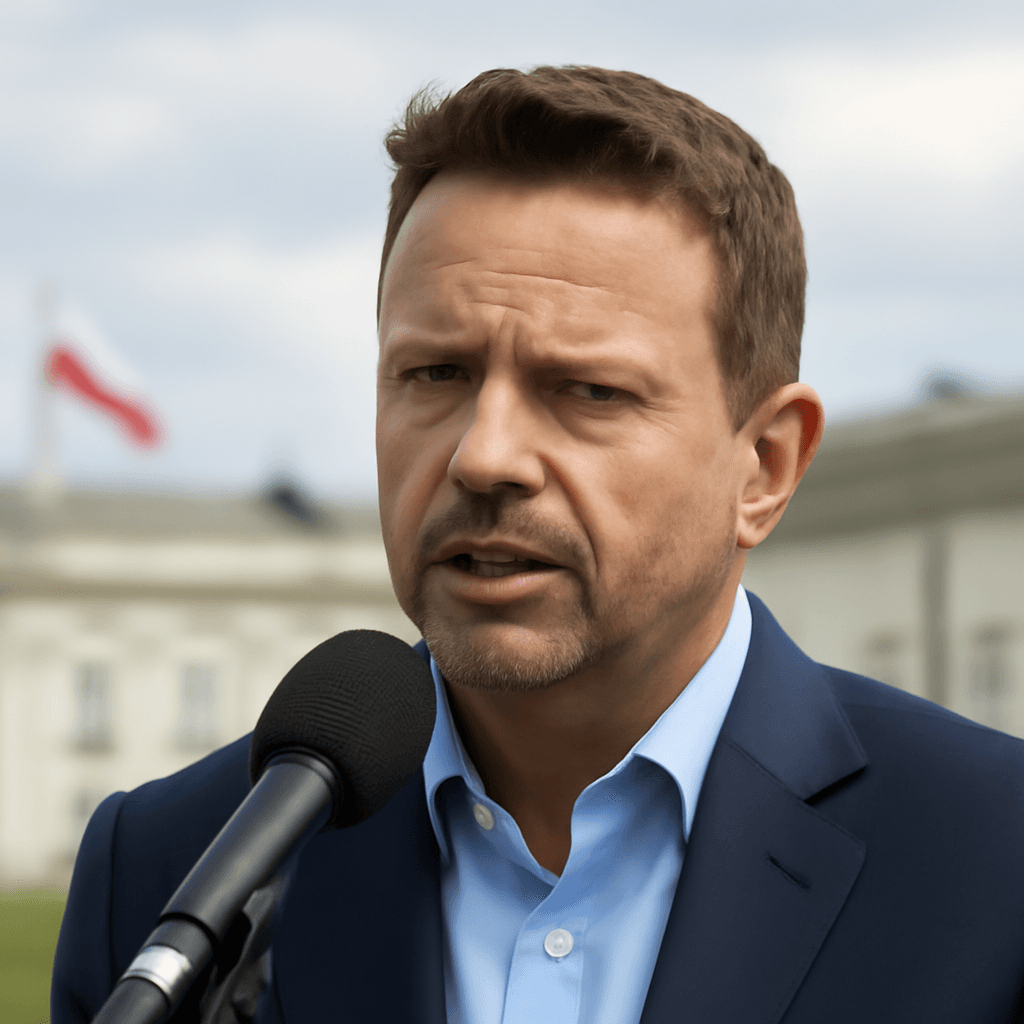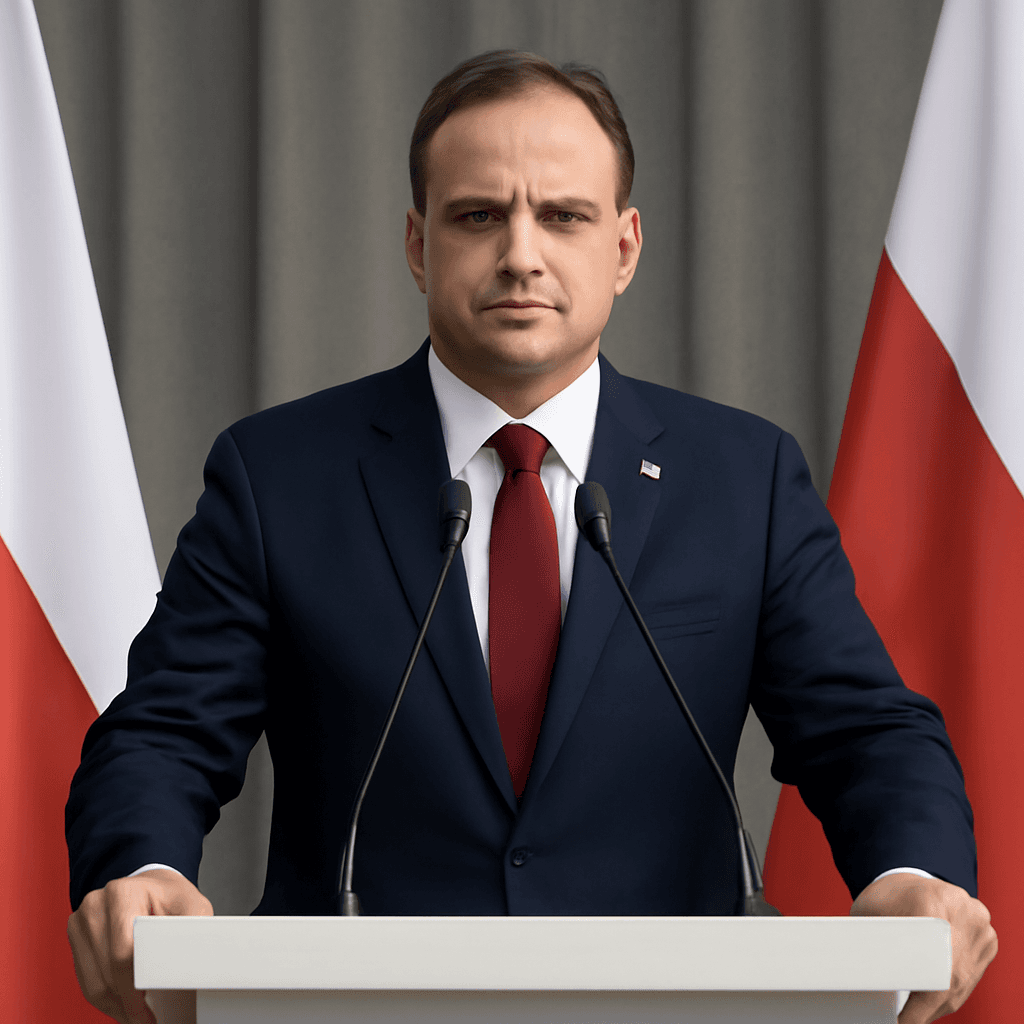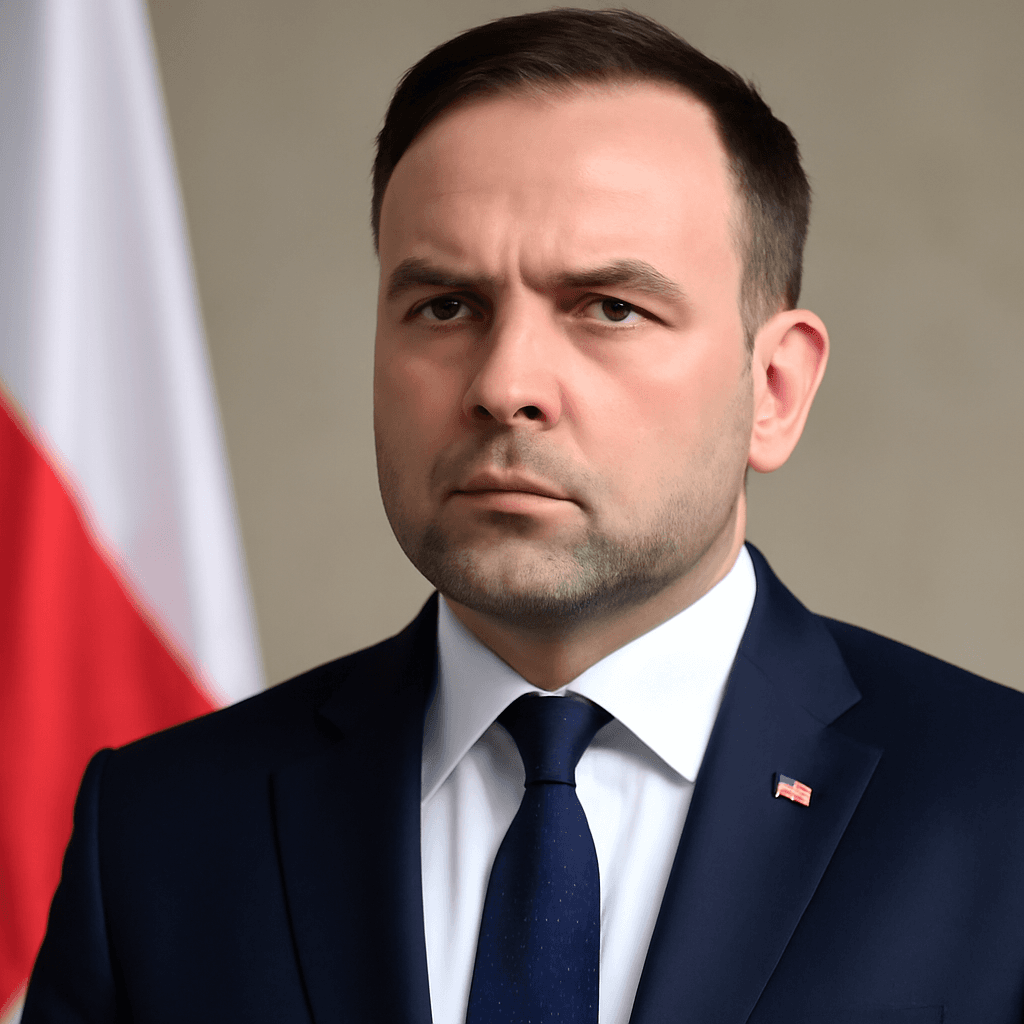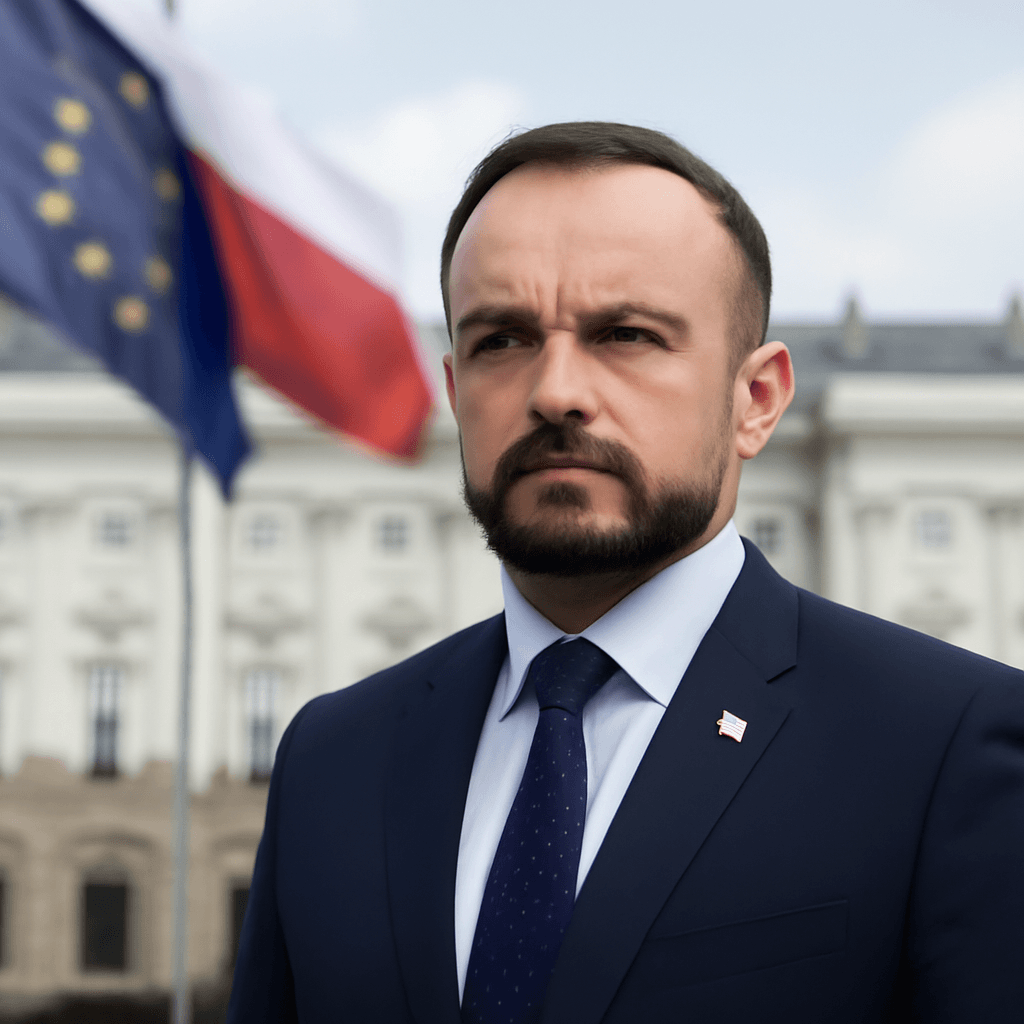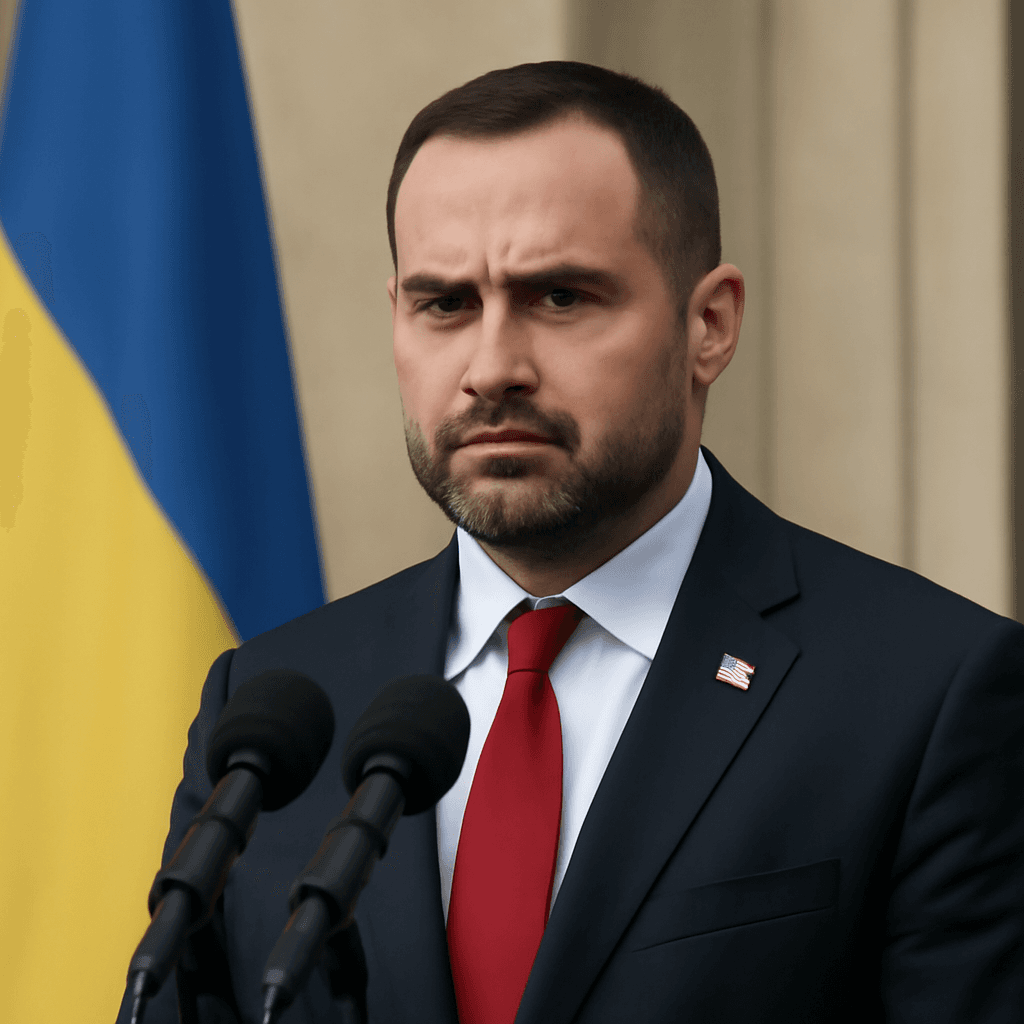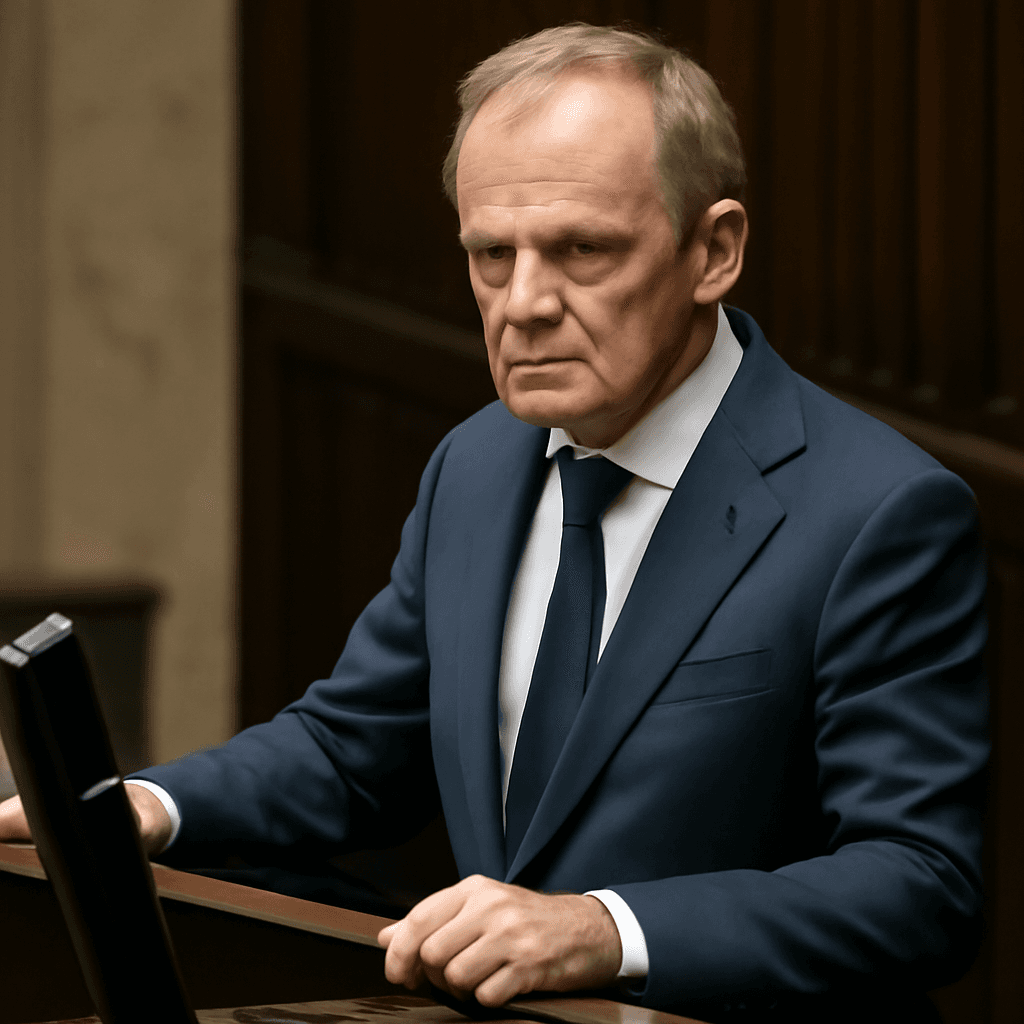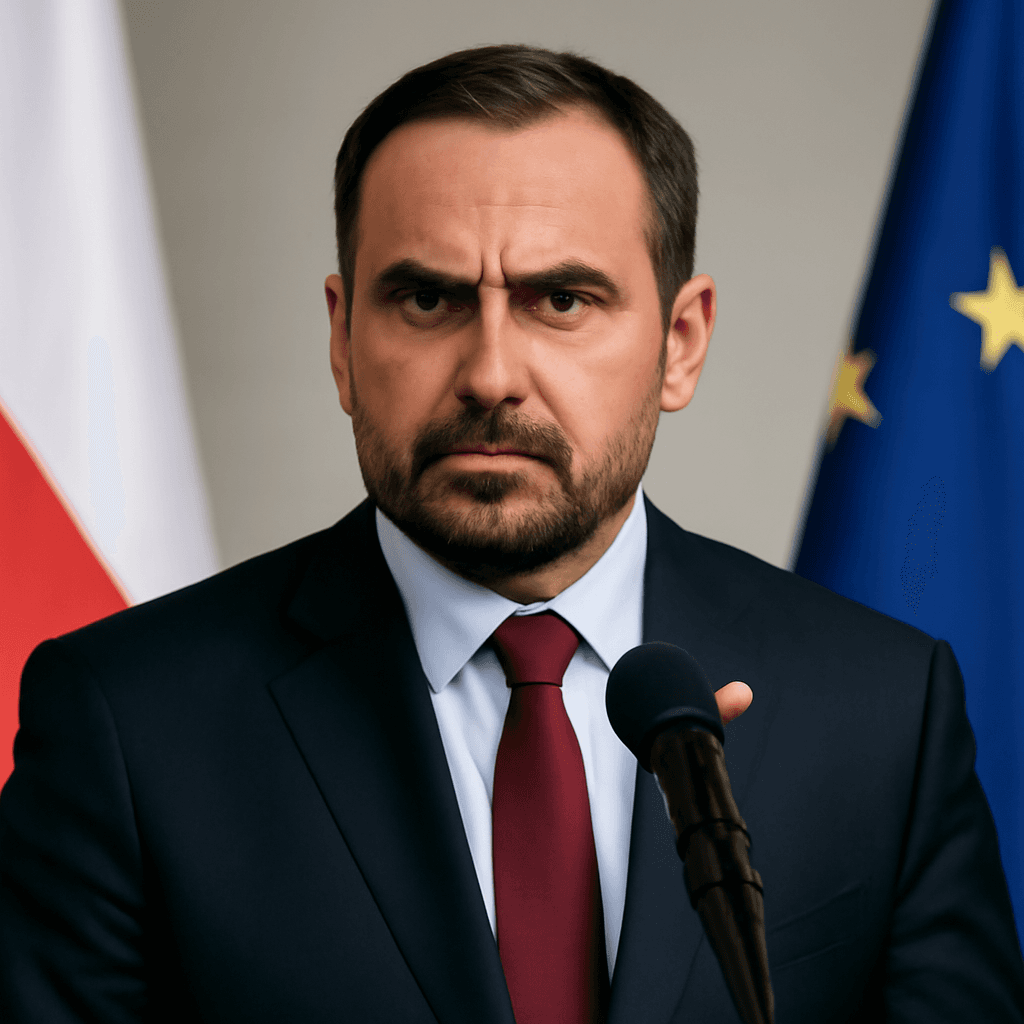Karol Nawrocki's Narrow Victory Marks Political Shift in Poland
Karol Nawrocki, a Polish nationalist candidate backed by the Law and Justice Party (PiS), narrowly won the presidential election with 50.89% of the vote, delivering a significant setback to the centrist and pro-European government led by Prime Minister Donald Tusk.
Close Contest With Liberal Rival
Nawrocki's opponent, Rafal Trzaskowski, the liberal mayor of Warsaw representing Tusk's Civic Coalition (KO), garnered 49.11% of the vote. Both candidates claimed victory immediately after results indicated an extremely tight race, with turnout reaching a record 71.31% in the runoff election.
Implications for Poland's Political Landscape
Nawrocki's ascension to the presidency signals potential governmental gridlock, as he is expected to use his presidential veto to block Prime Minister Tusk’s liberal policy proposals. Tusk’s administration has been attempting to reverse judicial reforms implemented under the prior nationalist PiS government, but similar efforts were previously thwarted by current President Andrzej Duda, a former PiS ally.
As a conservative historian and political newcomer aged 42, Nawrocki campaigned on a platform emphasizing economic and social policies that prioritize native Poles, including restricting the acceptance of refugees, particularly from neighboring Ukraine. He stressed a commitment to protecting Poland’s sovereignty and voiced opposition to what he characterized as excessive interference from the European Union.
Economic and Diplomatic Impact
- Following election results, Poland’s blue-chip stock index dropped more than 2% in early trading.
- The national currency, the zloty, weakened against the euro amid investor concerns over political instability.
European conservatives and nationalist politicians across Central Europe celebrated Nawrocki’s victory. Hungary’s Prime Minister Viktor Orbán described the outcome as a “fantastic victory,” while messages of support came from other eurosceptic leaders. Nonetheless, the European Commission President expressed confidence in continued productive cooperation with Poland despite the political shift.
Regional Context and Future Challenges
The election followed recent political developments in neighboring countries, including Romania, where centrist candidates have recently challenged the rise of hard-right movements. Nawrocki’s win is expected to influence Poland’s legislation on key issues such as judicial reform and abortion policies. The European Union’s previous legal actions against PiS for judicial restructuring, deemed detrimental to democracy and the rule of law, suggest ongoing tensions ahead.
In Poland’s political system, although the parliament holds primary legislative power, the president’s veto authority plays a critical role in shaping policy direction, especially amid closely divided political forces.
Controversies and Public Perception
During the campaign, Nawrocki faced scrutiny over past controversies, including allegations about his acquisition of a residence and involvement in staged altercations. Despite these issues, his message resonated with a significant portion of the electorate, reflecting a desire among voters for a nationalist approach to Poland’s domestic and international affairs.

